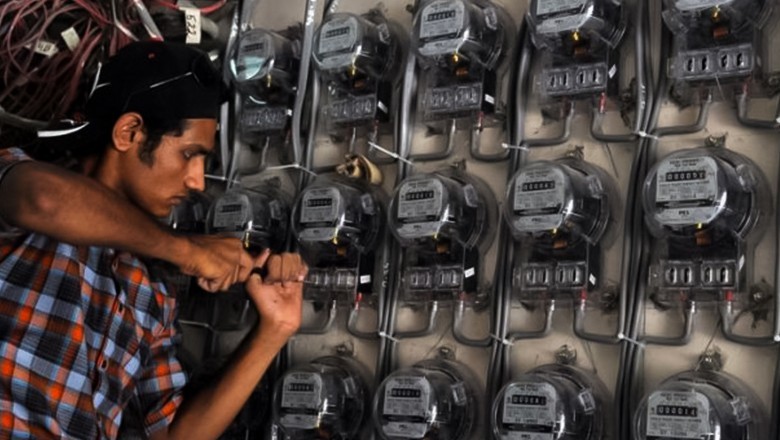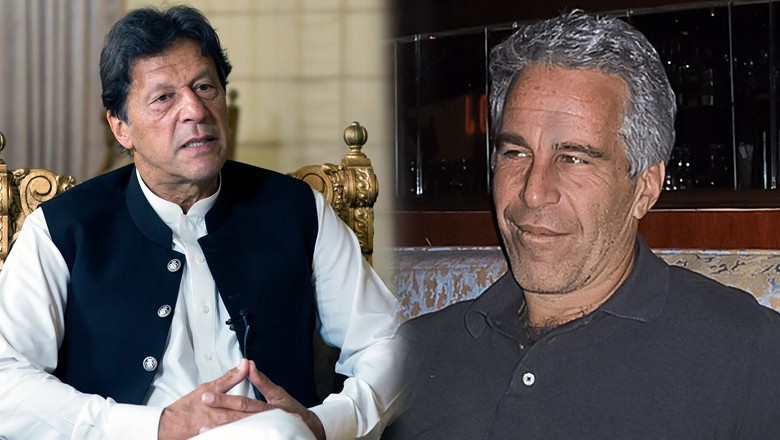Happy Birthday Quaid: Let’s Revive Jinnah’s Vision for Pakistan
Webdesk
|
25 Dec 2024
Quaid Ki Siyasat Kon Karega? | Revisiting Jinnah's Vision for Pakistan
Did Quaid-e-Azam envision the country we live in today? Or are we far from the democratic and progressive state he dreamt of? As the nation celebrates the birth anniversary of its founding father, Quaid-e-Azam Muhammad Ali Jinnah, it is crucial to revisit the ideals and aspirations he held for Pakistan.
Quaid-e-Azam began his career as a lawyer, fighting for civil rights in British India. His initial political journey saw him advocating for Hindu-Muslim unity under the platform of Indian National Congress, aiming for collective independence from colonial rule. However, the rise of right-wing majoritarianism and populism within the Congress greatly alarmed him. Despite the party’s claims of representing all Indians, its policies increasingly sidelined minorities.
Faced with these challenges, Quaid-e-Azam joined the All-India Muslim League and soon emerged as the "sole spokesman" for the Muslims of the subcontinent. He warned and stood against the authoritarianism he foresaw in the Congress' deluded vision of "United India."
His leadership transformed the demand for provincial autonomy and minority rights into a movement for a separate homeland. This dream became reality in August 1947 as Pakistan—a nation intended to safeguard the rights of all minorities.
After achieving this goal, Mr. Jinnah articulated a framework for Pakistan built on the principles of democracy, meritocracy, transparency, justice, and pluralism. In his speeches, he championed the idea of equal rights for all citizens, regardless of religion, caste, or creed.
Tragically, his untimely death left the nation without its visionary leader during its formative years. The violent legacy of partition, coupled with the absence of the Quaid’s leadership, led to challenges that have persisted for decades.
77 years after independence, our current political and social landscape seems detached from the ideals of the Quaid. The democratic values, meritocratic governance, and inclusive society he envisioned are largely absent in today's leadership and political parties.
On this significant day, let us commit to revisiting and realigning with Jinnah’s vision. He was a beacon of leadership, resilience, and inclusivity, and his principles hold the key to a prosperous and united Pakistan.
Watch our video, where we analyze his vision and its relevance in today’s Pakistan.












Comments
0 comment